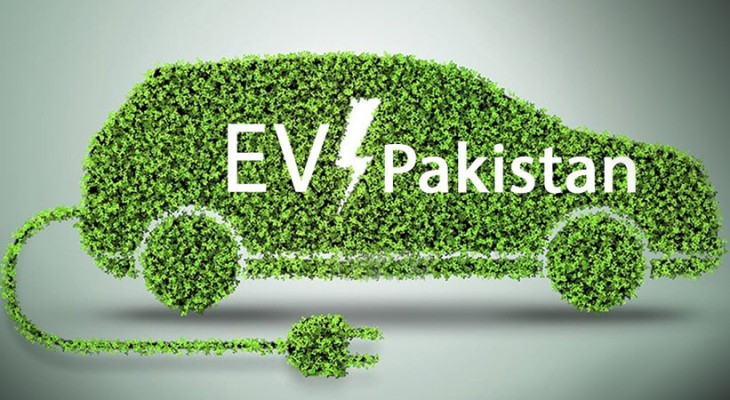
Pakistan's Push for Electric Vehicles to Combat Climate Change
Pakistan has taken a significant step towards reducing its reliance on fossil fuels and addressing the challenges of climate change. The Ministry of Climate Change and Environmental Coordination (MoCC&EC) has intensified its efforts to promote electric vehicles (EVs) across the country. This initiative is part of a broader strategy to create a more sustainable transport system that aligns with the nation's climate commitments.
A high-level meeting led by Secretary Aisha Humera Moriani brought together government officials and industry leaders to discuss key issues related to the adoption of EVs. The discussions focused on several critical areas, including the development of charging infrastructure, policy challenges, and the need for financial support.
One of the main concerns identified during the session was the lack of urban EV charging stations. Experts emphasized that inadequate infrastructure remains a major obstacle to the widespread use of electric vehicles. To address this, the government is working on expanding the network of charging points in cities, which is essential for encouraging public confidence in EVs.
The initiative is also aligned with Pakistan’s climate goals outlined in its 2021 Nationally Determined Contributions (NDCs). These commitments include achieving 30% EV usage by 2030. This target reflects the country’s determination to reduce greenhouse gas emissions and transition towards cleaner energy sources.
Another important aspect of the discussion was the retrofitting of the country's 29 million fuel-powered motorcycles. These vehicles are a dominant mode of transport, particularly in urban areas. Officials believe that standardizing the retrofitting process can significantly reduce emissions while supporting the goal of clean mobility. This approach is seen as a cost-effective way to transition existing vehicles to more environmentally friendly alternatives.
However, industry representatives expressed concerns about the high initial costs of electric vehicles and the lack of highway charging facilities. In response, the ministry is exploring financing solutions through partnerships with banks. Additionally, there is a push to shift from importing Completely Built Unit (CBU) vehicles to local assembly (CKD) models. This strategy is expected to lower vehicle prices, stimulate the local manufacturing sector, and generate employment opportunities in the green economy.
Regulatory clarity was another topic of discussion. Officials stressed the importance of establishing clear guidelines for retrofitting to ensure that safety and quality standards are maintained. This will help build trust among consumers and encourage wider adoption of EVs.
The consultative session highlights Pakistan’s growing commitment to building a sustainable and low-carbon transport ecosystem. By focusing on infrastructure development, financial incentives, and regulatory frameworks, the government is laying the groundwork for an eco-friendly future. This effort not only addresses environmental concerns but also supports economic growth and job creation in the renewable energy sector.
As Pakistan continues to implement these measures, it is expected to see a gradual increase in EV adoption. This transition will play a crucial role in reducing carbon emissions and contributing to global climate goals. With continued collaboration between the government and industry stakeholders, the path towards a greener transportation system is becoming increasingly viable.
Post a Comment